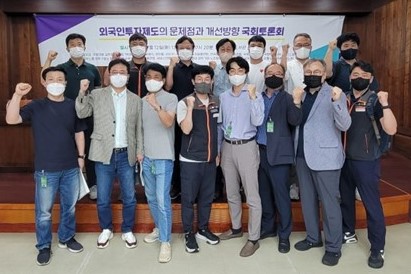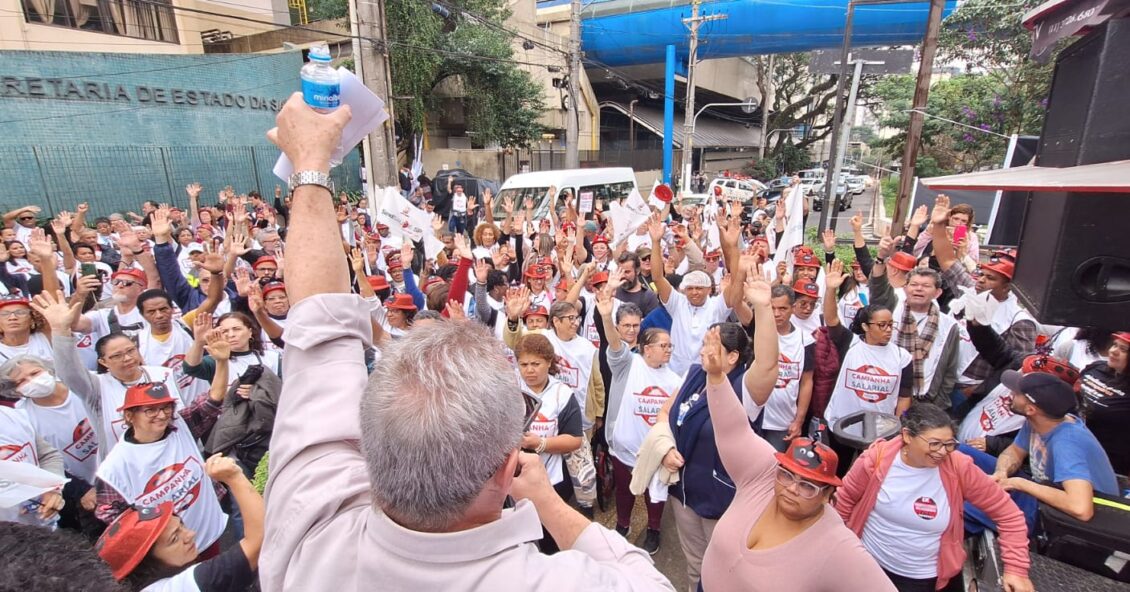KOREAN UNIONS LEAD CALL TO AMEND THE FOREIGN INVESTMENT ACT
25.07.22
Trade unions in Korea are calling for the existing Foreign Investment Act to be amended to redress the imbalanced investment environment favouring foreign companies.
The leading peak unions in Korea, the FKTU, KCTU, and the UNI KLC, made the call at the third joint forum on Foreign Companies Industrial Relations held on 12 July at the National Assembly Library Seminar Room. The UNI KLC (UNI Korean Liaison Council) comprises all affiliates of the UNI Global Union in the country.
Government statistics as of the end of 2019 showed that there are 14,341 foreign-invested companies. Their total sales volume has risen to 13.2% of the Korean economy, but their contribution to the employment and research and development (R&D) rate is stagnating at 6.0% and 5.2%, respectively.
According to the unions, since the 1999 financial crisis, local governments have sought to attract foreign direct investment (FDI) by extending special treatment and concessions. But over the years, many negative issues arose, such as business withdrawal without liability, technology theft, and unilateral restructuring program involving mass dismissals and suppression of union activities.
These problems cut across the manufacturing, financial services, and retail sectors. Having borne the brunt for nearly two decades, workers in the foreign-invested companies are united in their call for the foreign investment act to be amended so that the minimum local labour standards must be respected. They also call for the government to take a new position on FDI.
Some of the key recommendations from the forum are that the Act must be amended to restrict investment benefits and conditions offered by local governments, strengthen the supervision and penalty when employers intentionally avoid and delay their obligation to collective bargaining and negotiation, tighten the regulation of private equity funds takeover, guarantee the freedom of overseas remittance but tighten the regulation over foreign-investment outflow.
Mr Hong Suk Man, an expert in this field, said at the forum that the current framework undermines workers’ rights as foreign investors could easily escape legal accountability when they undertake unfair labour practices. This is facilitated by the ease of takeover or sale by private equity funds backed by foreign capital.
Bro Kim Sang-Soo, Capital Workers Union of KFCLU, said, “We have seen the union suppression, technology thefts, blind assets sale and high amount of transfer pricing to the head office for many years. But the government repeats the same narrative that the deregulation of the labour market is necessary to maintain the foreign investment level in Korea.”
Bro Hwang Bok-Yong, vice president of KFCLU, heading the Foreign Invested Companies Alliance, added, “It will take time to change the law, and we need to extend the communication with all foreign-invested companies unions for solidarity.”


